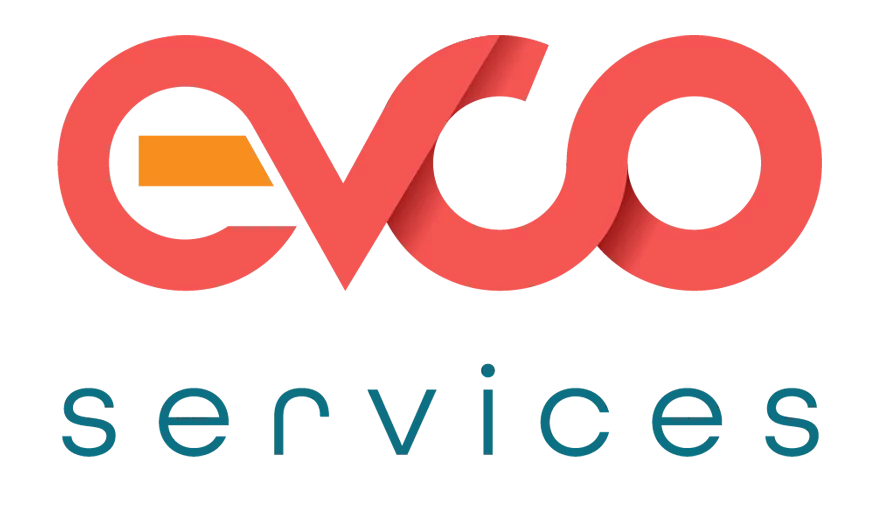Publish Date:5/1/25

The Role of MSPs in Ensuring Cloud Security and Compliance
As more businesses transition to the cloud, the promise of scalability, efficiency, and cost savings is compelling. However, with this shift comes a critical challenge: ensuring robust security and compliance. The cloud introduces unique risks, from data breaches to regulatory penalties, which can overwhelm businesses without the right expertise.
Managed Service Providers (MSPs) play a pivotal role in addressing these concerns. Leveraging the shared responsibility model, MSPs ensure businesses understand their security obligations and provide the support needed to keep their cloud environments secure and compliant.
Understanding the Shared Responsibility Model
The shared responsibility model is a framework that defines the division of security responsibilities between the cloud provider and the customer. While cloud providers like AWS, Microsoft Azure, and Google Cloud secure the infrastructure, customers are responsible for securing the data, applications, and configurations within their cloud environment.
For many businesses, this division creates confusion and gaps in security. MSPs bridge this gap by helping organisations navigate their responsibilities and implementing best practices.
Key Security Concerns in the Cloud
Data Breaches
Moving sensitive data to the cloud introduces new vulnerabilities, such as misconfigured storage or unauthorised access.Compliance with Regulations
Businesses must adhere to standards like GDPR, HIPAA, and PCI DSS, which require stringent data protection measures.Misconfiguration Risks
Cloud misconfigurations, such as leaving storage buckets public, are a leading cause of breaches.Evolving Threat Landscape
Cybercriminals continuously develop sophisticated methods to exploit cloud environments.
How MSPs Address Cloud Security Concerns
MSPs bring expertise, tools, and a proactive approach to mitigate risks, helping businesses maintain robust security and compliance in the cloud. The following are examples of shared responsibility between the Cloud provider, the MSP and the customer.
Data Security and Encryption
MSPs implement strong encryption protocols to protect data in transit and at rest. By regularly monitoring and auditing access controls, they ensure that only authorised personnel can access sensitive information.
Cloud Provider: Secures the physical data centres and underlying hardware.
MSP/Customer: Secures data storage, access controls, and encryption.
Compliance Expertise
Compliance requirements vary by industry and region. MSPs help businesses identify relevant regulations and implement policies to meet them, such as data retention and reporting standards.
Cloud Provider: Provides tools to support compliance, like audit logs.
MSP/Customer: Ensures data and processes within the cloud meet regulatory requirements.
Configuration Management
MSPs use automated tools to identify and rectify misconfigurations, reducing vulnerabilities. Regular reviews of cloud settings ensure that businesses remain protected as they scale or introduce new applications.
Cloud Provider: Offers default security settings.
MSP/Customer: Customises and manages configurations based on organisational needs.
Threat Detection and Response
MSPs deploy advanced monitoring tools to detect unusual activity, such as unauthorised access attempts or data exfiltration. In the event of a threat, MSPs provide rapid incident response to minimise impact.
Cloud Provider: Monitors the infrastructure for potential attacks.
MSP/Customer: Monitors user behaviour, applications, and network traffic.
Continuous Training and Support
Human error remains a significant risk in cloud security. MSPs offer regular training sessions for employees, ensuring they can identify phishing attempts, follow security protocols, and avoid common pitfalls.
Cloud Provider: Provides secure infrastructure.
MSP/Customer: Educates end-users on best practices.
The Benefits of Partnering with an MSP
- Proactive Security: MSPs continuously monitor for potential threats, ensuring vulnerabilities are addressed before they are exploited.
- Simplified Compliance: Navigating complex regulations is made easier with MSPs, who provide tailored solutions to meet industry-specific requirements.
- Cost-Effective Expertise: Building an in-house team with the same level of expertise as an MSP can be prohibitively expensive. MSPs provide access to specialists without the overhead.
- Peace of Mind: With an MSP handling cloud security, businesses can focus on growth and innovation without worrying about compliance or breaches.
Why Choose EVCO for Cloud Security and Compliance?
At EVCO, we specialise in helping businesses navigate the complexities of cloud security and compliance. With a deep understanding of the shared responsibility model, we provide tailored solutions that empower businesses to focus on their core goals while maintaining robust protection.
Our services include:
- Comprehensive security audits and compliance assessments.
- Configuration management to eliminate vulnerabilities.
- Advanced threat detection and rapid response.
- Employee training to build a culture of security awareness.
The cloud offers unparalleled opportunities, but only when approached with a strong security and compliance strategy. With EVCO as your trusted MSP, you can confidently harness the power of the cloud without compromising on safety or compliance.
Visit https://evco.ltd to learn more about how we can help your business stay secure in the cloud.
#CloudSecurity #Compliance #SharedResponsibility #ManagedServices






